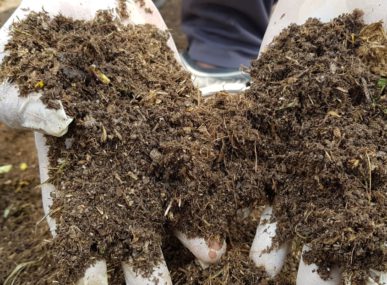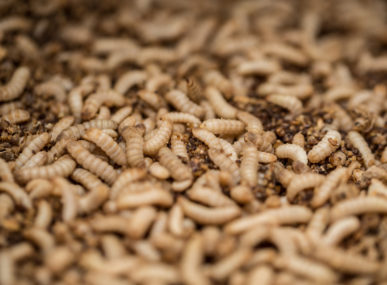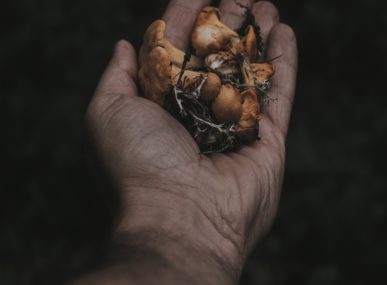Over the last 40 years, the Koudsi family managed to build their own medium-scale farm in the city of Jerash, north of Amman. It began as a passionate attempt to experiment with growing different kinds of trees erected next to a homely ecolodge that now serves as an Airbnb for ecotourism. “It was a hobby but then business pulled me into it, from agritourism and ecotourism to applying all kinds of agricultural practices such as permaculture,” says Koudsi, Founder and farmer at Dibeen Eco Farm.
It all came into full action in 2013 with the main activities as the Airbnb, farming free-range chicken, growing seasonal fruits and vegetables, and producing olive oil. “We have another program on the farm where we invite volunteers from all over the world to come and work on the farm, and we provide accommodation and food,” Koudsi adds. Even guests staying at the Airbnb lodgings can participate in the farm’s activities from shepherding and collecting eggs to watering trees. This comes as part of Koudsi’s plan to raise awareness around organic farming
But Dibeen’s main driver is this long-term plan of being more than just a farm or a producer. “We’d like to be the Uber of farms, which means lots of marketing and preparations to incur more revenues. That earlier included forming a partnership with my neighbor where he raises chicken and I buy the eggs from him,” says Koudsi.





